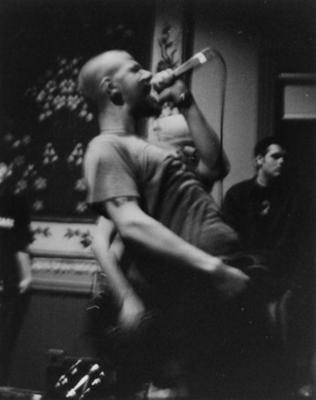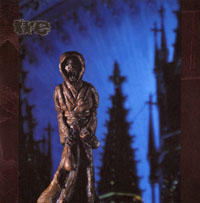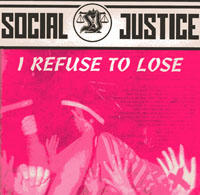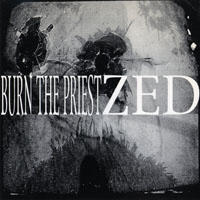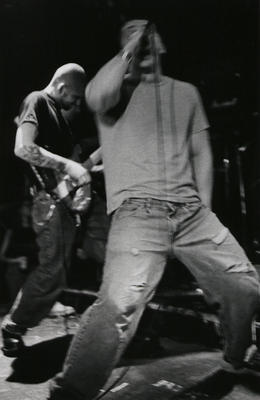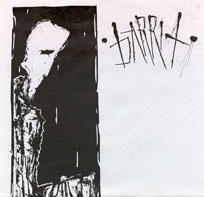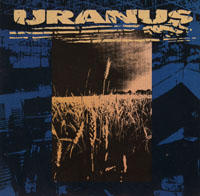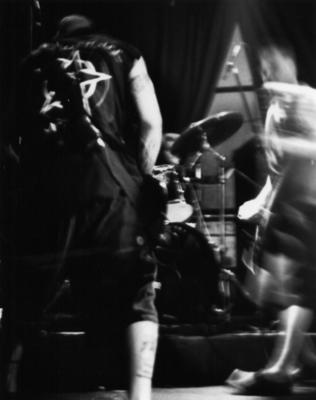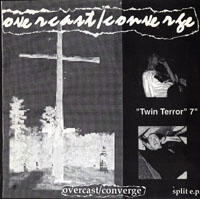
I had been waiting for the train for what seemed like at least three or four days. The platform was empty; no one else was there except for me and a large number of rats. Occasionally I heard a faint whistle or made out a whiff of cool air on my cheeks that appeared to signal the coming of the train, but I was mistaken and, after a moment of confusion and dismay, slumped back on the lone bench, my eyes fixed on the tracks in front of me.
After a while I went to look for a schedule or a map, but there was none. I began to grew weary of waiting; after all, I hadn’t eaten or slept in days and, in fact, had lost all sense of day and night. Pinching the skin on my arms, I found that I had grown notably thinner and weaker. I resolved that this wait would have to come to an end.
I got up from the bench and walked to the end of the platform, searching for the exit, but the stairs I remembered climbing down were nowhere to be found. Assuming that I must have walked to the wrong end, I turned around and tried the other one. It took me a while to get there, 3,756 steps, to be precise, but yet again I was disappointed – there was no exit. So I sat back down, determined not to let this setback affect my good spirit.
Meanwhile, the rats had gotten used to my presence, enough to trust me and come near me without fear. As I sat and waited, one of them, a big white one, cautiously approached me and sat down in front of me, a mere three or four feet away. As an offering, it had brought a glistening candy wrapper, which I gratefully accepted.
“What are you waiting for?” it asked me, its voice raspy, like that of someone who has smoked all his life.
“I’m waiting for the train,” I replied, unsure at first at the sound of my own voice, which I had not heard in a long time.
“When will your train come?” it continued to question me.
“I don’t know,” I said. “Listen, you seem to know the tunnels well – what would I find if I followed them?”
The rat tilted its head, squinted and gave me a puzzled look.
“Why, another station, and another, and another, each with people just like you,” it finally said.
With that it disappeared and I continued to wait, reassured of my fate.
Converge – Look backConverge – Open your eyes


